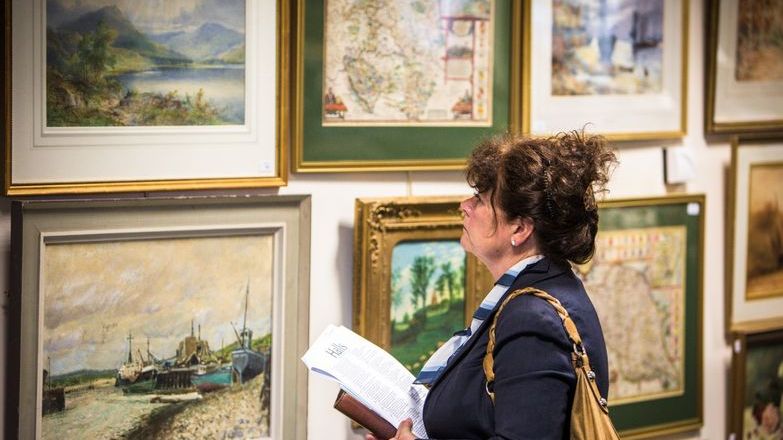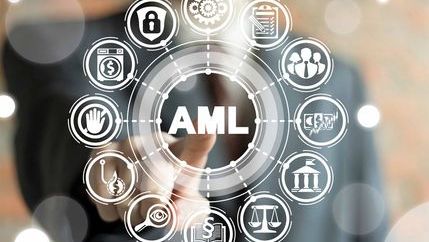
The Money Laundering and Terrorist Financing (Amendment) Regulations 2019 amend the Money Laundering Terrorist Financing and Transfer of Funds (Information on the Payer) Regulations 2017. The Regulations extend the scope of “obliged entities” to art market participants who are now covered by the legislation.
Art Market Participants
Art Market Participants mean a firm or sole practitioner who trades in or acts as an intermediary in the sale or purchase of works of art and the value of the transactions or a series of linked transactions, amounts to 10,000 euros or more.
Works of art
In the legislation works of art means anything as defined in section 21(6) to (6B) of the Value Added Tax Act 1994, which means:
- Paintings, drawings, decorative plaque or collages executed by hand
- Engravings, lithographs, and prints including limited editions
- Original sculpture or statuary
- Sculpture casts including limited editions
- Handmade tapestries and limited editions
- Signed ceramics
- Enamel on copper (excluding jewellery)
- Mounted or unmounted photographs including limited editions
Free ports
As also set out in the legislation an art market participant is also the operator of a freeport when it, or any other firm or sole practitioner, by way of business stores works of art in the freeport and the value of the works of art stored for a person, or a series of linked person, amounts to 10,000 euros or more.
What are free ports?
Free ports are also known as free zones. They are areas designated as special zones for customs purposes.
When the UK Government consulted on the transposition of the Fifth Money Laundering Directive, they said there are currently no free ports in the UK. The Government did, however, say that there are customs warehouses, but these are generally not used for art transactions in the same way as free ports in other non-EU jurisdictions.
Registration
All art market participants within the Money Laundering Regulations will have to register with HMRC. As outlined within the Regulations, there is a 12-month window (until 10 January 2021) to register.
What do you need to do?
Written Risk Assessment
Establish and maintain an up to date written risk assessment that is appropriate to the size of the business.
A written policy on how to manage the risk
Establish, maintain and review written policies, controls, and procedures to mitigate and manage effectively the risks of money laundering and terrorist financing identified in any risk assessment.
Internal controls
Appoint a senior manager as Nominated Officer/Money Laundering Reporting Officer (MLRO) responsible for the business’ compliance with the Regulations.
Training
Ensure employees are aware of the law and provide regular training opportunities in how to recognise and deal with transactions that may be related to money laundering and terrorist financing.
Customer Due Diligence
Before a business relationship is established, Art Market Participants must identify and verify their customers, obtaining information on the nature of the business relationship and details of any beneficial owners.
- Record keeping - Art Market Participants must keep copies of CDD and supporting records and ensure the information is up to date.
- Ongoing monitoring - Art Market Participants must carry out ongoing monitoring of a business relationship.
- Cease transactions - if an Art Market Participant is unable to apply CDD measures, they must not establish a business relationship or carry out a transaction and terminate any existing business relationship with the customer.
Beneficial ownership
Businesses must also apply CDD in order to understand the ownership and control structure of their customers as well as verify the identity of senior managing officials when the beneficial owner cannot be identified.
Enhanced Due Diligence
Enhanced Due Diligence must be applied in situations that are high risk in addition to the Customer Due Diligence requirements.
Politically exposed persons
Businesses must have in place appropriate risk-management systems and procedures to determine and manage the enhanced risks arising from whether a customer or the beneficial owner of the customer is a Politically Exposed Persons or a family member or a known close associate of a Politically Exposed Person.
Suspicious Activity Reports
Once an Art Market Participant has suspicion or knowledge, or reasonable ground to suspect that money laundering is taking place by their customer, or a transaction or relationship their client is concerned with, they should notify the MLRO immediately through a written internal report
Once the appropriate level of suspicion or knowledge has been formed that the letting agency is concerned with a money laundering issue, the letting agency must complete a Suspicious Activity Report and send it to the National Crime Agency.




